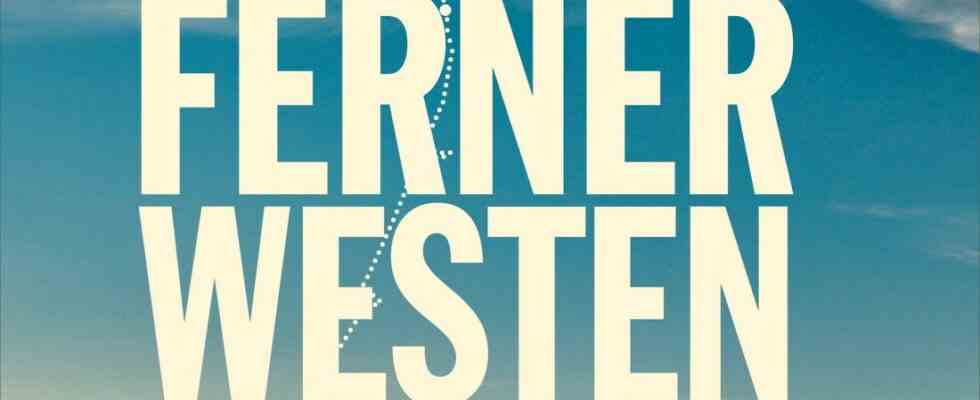Always head south from the Costa Verde. Everything else would make no sense, claims Paulo Moura. Passers-by often confirm this: a trip in Portugal runs along the coast, always following the sun, and ends in the Algarve. “The beach is the best thing about us. It reveals the brightest face of our being. Like the spray of invisible waves rolling from land to sea,” writes journalist Moura in his travel book “Far West”. Portugal is characterized by the wild Atlantic, the many beaches and small coastal towns. Four out of five Portuguese live on the coast.
Paulo Moura is a war reporter and therefore travels abroad a lot, often under difficult conditions. For this book he has now traveled his peaceful homeland with the aim of meeting people who make Portugal the diverse country it is. He immerses himself in the everyday life of the Portuguese and is also on this trip as a reporter. Moura wants to understand the history behind an old farm or the community at a permanent campground. Taking the time to talk to people, he gets to know Luís and Lídia, who work in the Peniche port and are fortunate to have a steady job.
He discovers old theaters and small fishing villages and gets to know the dockers of Lisbon
He doesn’t have much more in his luggage than a tent, a sleeping bag, cooking utensils and a notepad. Packed minimally, the motorcycle gives him maximum independence on the thousand-kilometre tour. Spontaneous detours are taken into account. On the motorcycle he feels a complete fragility, says Moura. At the same time he experiences a rush and is always close to the action. Above all, it is exciting to stop, dismount, ask questions and follow tracks. Along “perhaps one of the greatest journeys in Europe”, Moura is looking for stories off the beaten track. He discovers old theatres, small fishing villages and gets to know the history of Lisbon’s dockworkers, a self-contained community that feels threatened in its existence. Realities of life that are not those of the author.
He describes the stages of his journey in anecdotes, in between he also briefly captures beaches and villages passing by, in other words the feeling of being on the move. He visits vibrant surf spots and packed cafes, but also parts of the country that lie fallow. Depopulated places are now sets for horror movies, former casinos are reminiscent of the 1980s heyday. And many surf spots are cold and quiet in winter.
The life of the Portuguese takes place predominantly in, on or near the water. Be it everyday work, leisure or holidays. Accordingly, Moura often drives to the beach, including nudist beaches. “For me – who have not yet been able to free myself from the prejudices of a prudish society – the sight of these almost exclusively imperfect bodies, lying there close together in the sand and moving about freely, reminds me of a herd of animals resting on the seashore .” Moura describes his homeland in an imperfection that makes it approachable.
Paulo Moura: Far West. A journey along the Portuguese coast. Translated from the Portuguese by Kirsten Brandt. Mare Verlag, Hamburg 2022. 284 pages, 24 euros.

